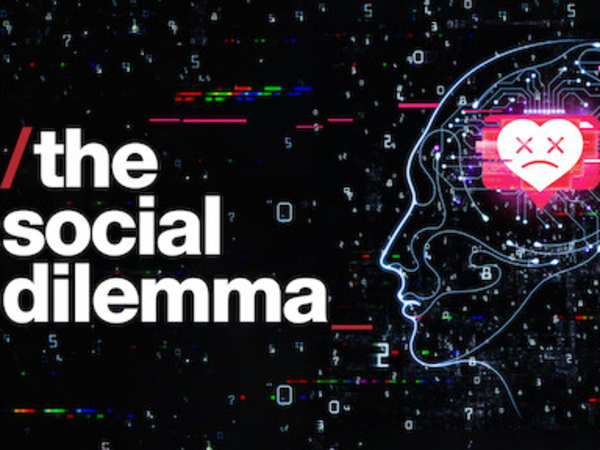Kerby Anderson
Many Americans are concerned about the impact that social media and Big Tech are having on society. Therefore, it is not surprising that a number of documentaries have been focusing on problems from this technology.
One of the most important documentaries to come along is “The Social Dilemma.” It features an interesting blend of talking-head interviews with various Big Tech figures, with a fictional dramatization of what happens when children in one family become addicted to social media.
Much of the discussion follows Tristan Harris. He is referred to as “the conscience of Silicon Valley.” In the past, he worked for Google, but left because he was concerned about the direction of technology and decided to establish the Centre for Humane Technology.
Near the end of the program, he raises the issue of the ethical and philosophical foundation rarely discussed. He concludes, “If we don’t agree on what is true or that there is such a thing as truth, we’re toast. This is the problem beneath other problems. Because if we can’t agree on what’s true, then we can’t navigate out of any of our problems.”
It was a great admission and illustrates the foundational problem confronting Big Tech in particular, and society in general. The assumption running through this video is that there is no absolute truth. Truth is relative, or truth is personal. Relative ethics or postmodern ethics is the ethical assumption made when a critic expresses his or her own opinion. There is no appeal to an absolute standard of right and wrong.
The problem isn’t the technology. Tristan Harris describes the technology as “simultaneous utopia and dystopia.” The problem is the lack of an ethical foundation to evaluate it.
 Listen Online
Listen Online Watch Online
Watch Online Find a Station in Your Area
Find a Station in Your Area








 Listen Now
Listen Now Watch Online
Watch Online
